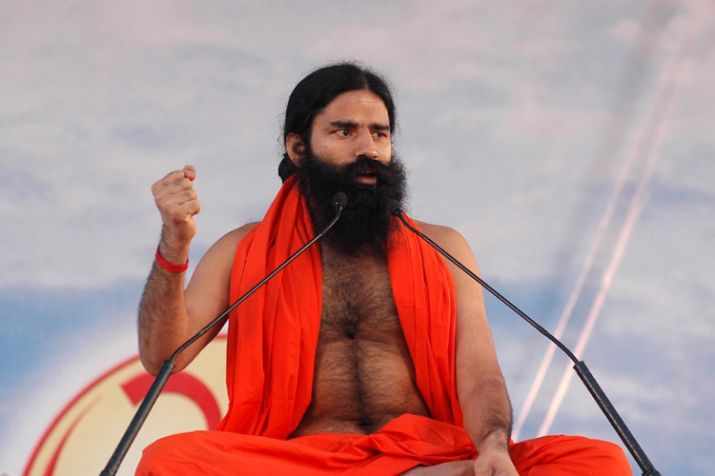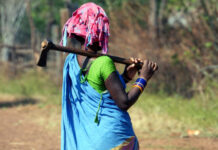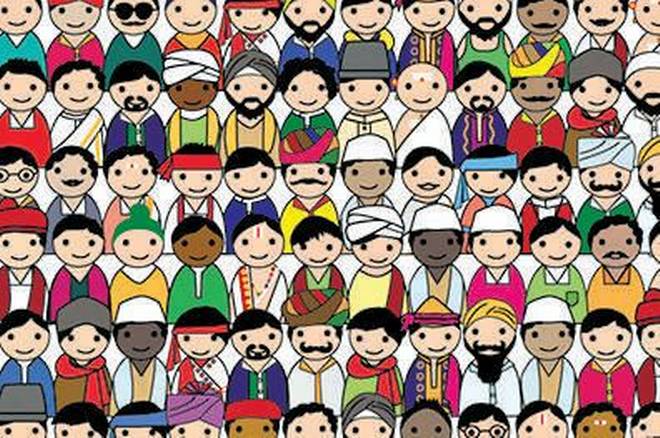At a Press Conference at Haridwar on Sunday, Baba Ramdev stated that the government should enact legislation that would deny voting rights and prohibits government services to the third child and beyond of a family to curb population growth. He said that in order to ensure that the country’s population does not exceed beyond 150 crores in the next 50 years, this is the only possible way to ensure people will not give birth to more than two children “irrespective of which religion they belong to”. His remarks directly oppose the Constitutional mandate to provide equality to all the citizens apart from proving a regressive policy measure which falsely underpins overpopulation at the heart of the developmental woes.
Responding to Baba Ramdev’s remarks, All India Majlis-e-Ittehad-ul-Muslimeen chief Asaduddin Owaisi, tweeted, “There is no law preventing people from saying downright unconstitutional things, but why do Ramdev’s ideas receive undue attention? That he can do a thing with his stomach or move about his legs shouldn’t mean @narendramodi lose his right to vote just because he’s the 3rd kid” taking the example of Prime Minister Modi to question his proposition. At the press conference, Ramdev also called for absolute ban on cow slaughter as a way to reduce the violence ensued by the self-appointed ‘gau rakshaks’. He also pressed for a countrywide campaign.
This is not the first time for Baba Ramdev to make such unconstitutional propositions. In January 2019, while inaugurating Patanjali garments, he claimed to such propositions by asking government to withdraw the eligibility of such people to contest elections and restrain their access to public education and health services. He also said that people who do not get married like him should be given special considerations.
As per a 2018 East Asia Forum report, in 2050, India’s population is projected to be 1.69 billion which will be higher than that of China. In August 2018, 125 parliamentarians sent a petition to the president, asking for the implementation of a two-child norm in the country. The PILs presented to the Supreme Court has the underlying notion that overpopulation is responsible for the problems of resource shortage, environmental degradation, unemployment, poverty and disease. However, such arguments are baseless and stem from pop-sociology and its core arguments need to be demystified.
A study to explore the consequences of two-child norms in five states – Andhra Pradesh, Haryana, MP, Odisha and Rajasthan conducted between 2001 and 2004 found an increase in cases of desertion and bigamy, neglect and death of female infants, cases of pre-natal sex determination and induced abortion of female fetus, child given away for adoption etc. Son preference in rural and urban India is well documented. In case of a legal restriction of 2 children, it would force the couple for sex-selective abortions. Such measures would also raise issues of accessibility and affordability of rural women to safe abortions apart from creating gender imbalances. Such claims are evident from the disastrous backfiring experienced by China’s one child policy and the expansion of human trafficking as “bride business” in Haryana and Punjab.
Often such assumptions hide the fact that the major share of resources is consumed by a minor share of the population. What we need is a comprehensive socio-economic development policy pathway for a more balanced approach to population control rather than resorting to such loud unconstitutional proclamations. As rightly said by Dr. Karan Singh, India’s then Health Minister at World Population Conference in Bucharest in 1974, ‘Development is the best contraceptive’.














